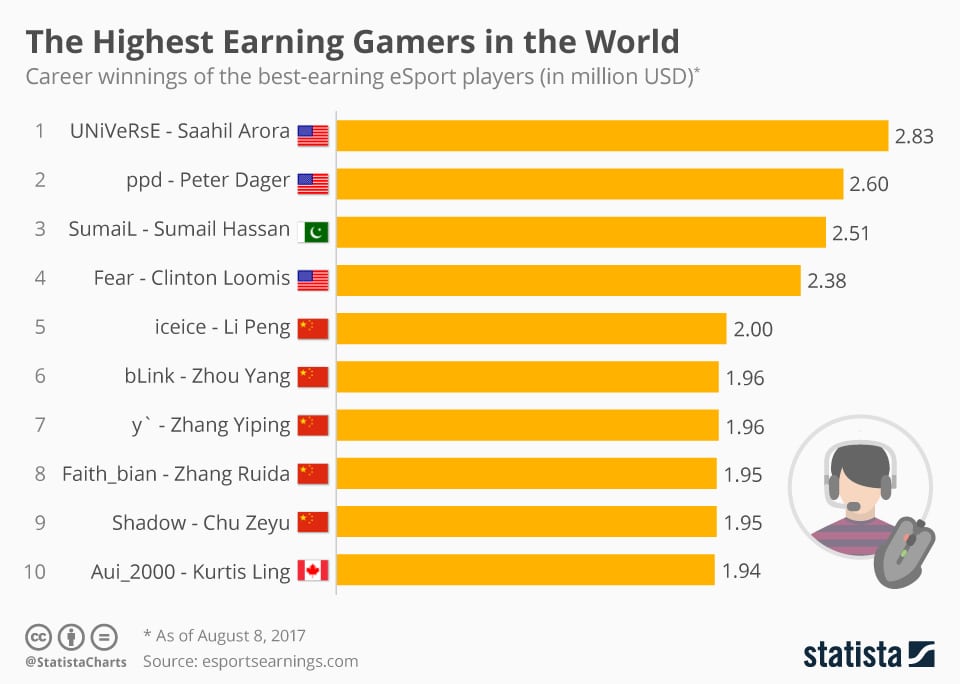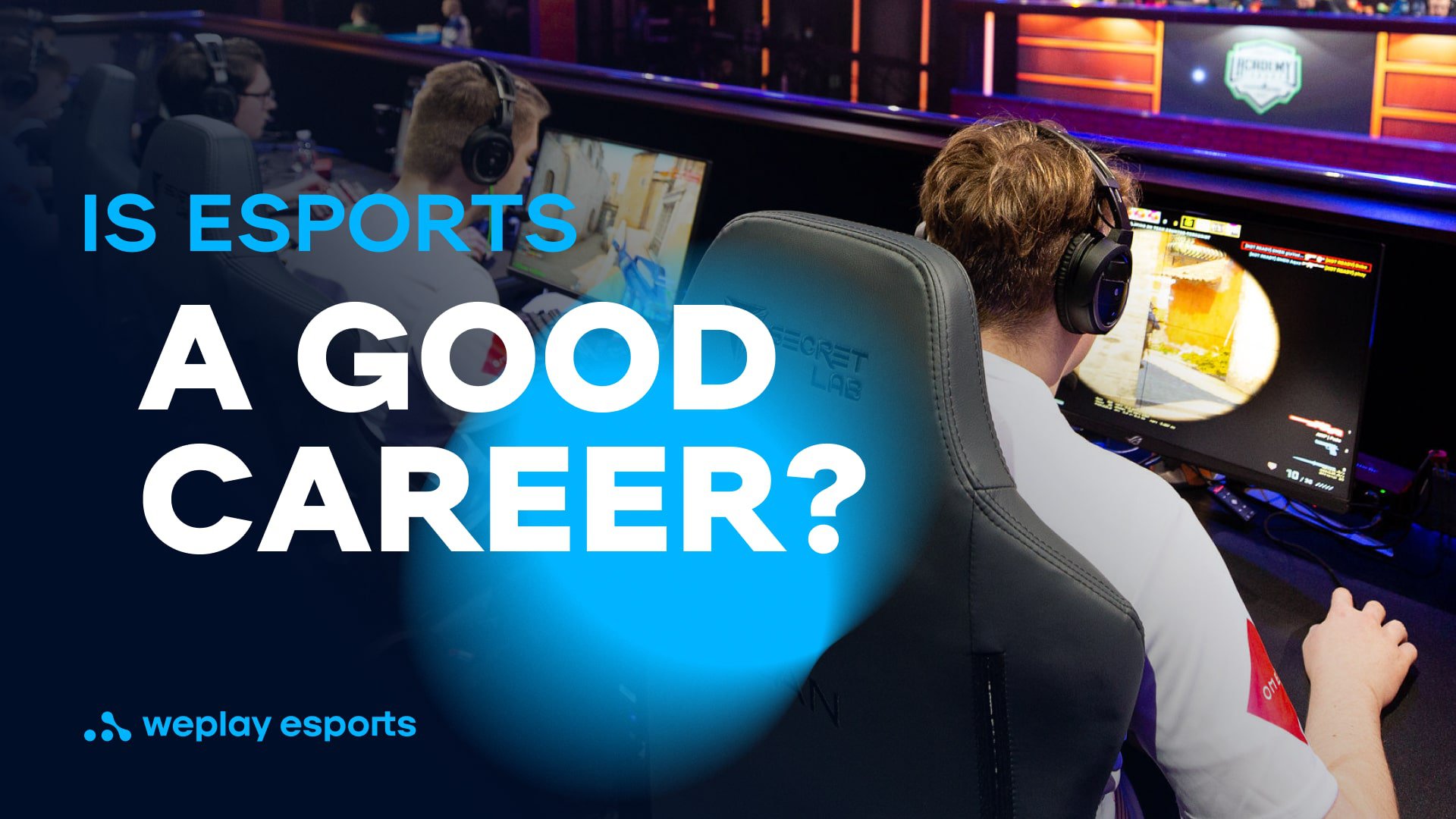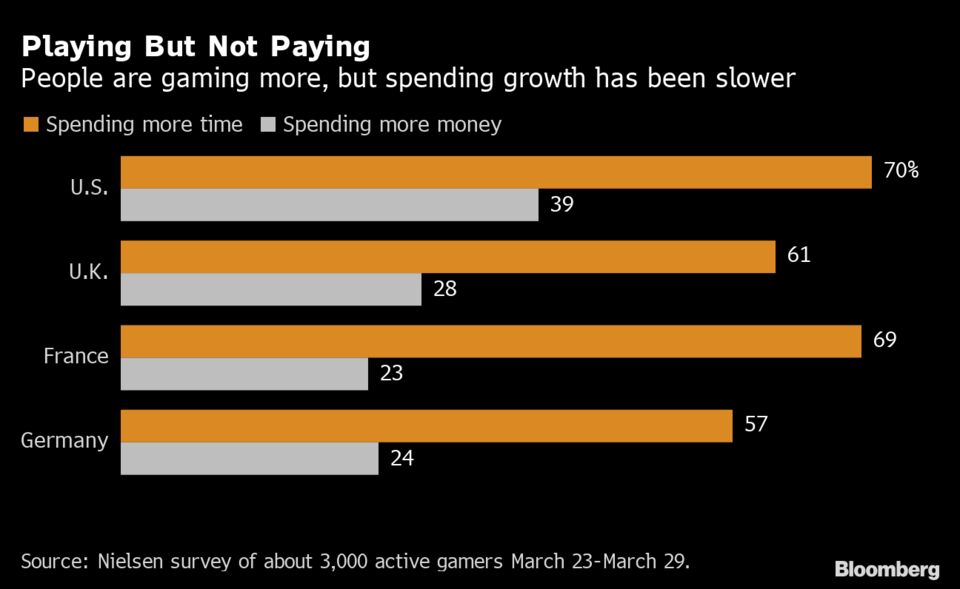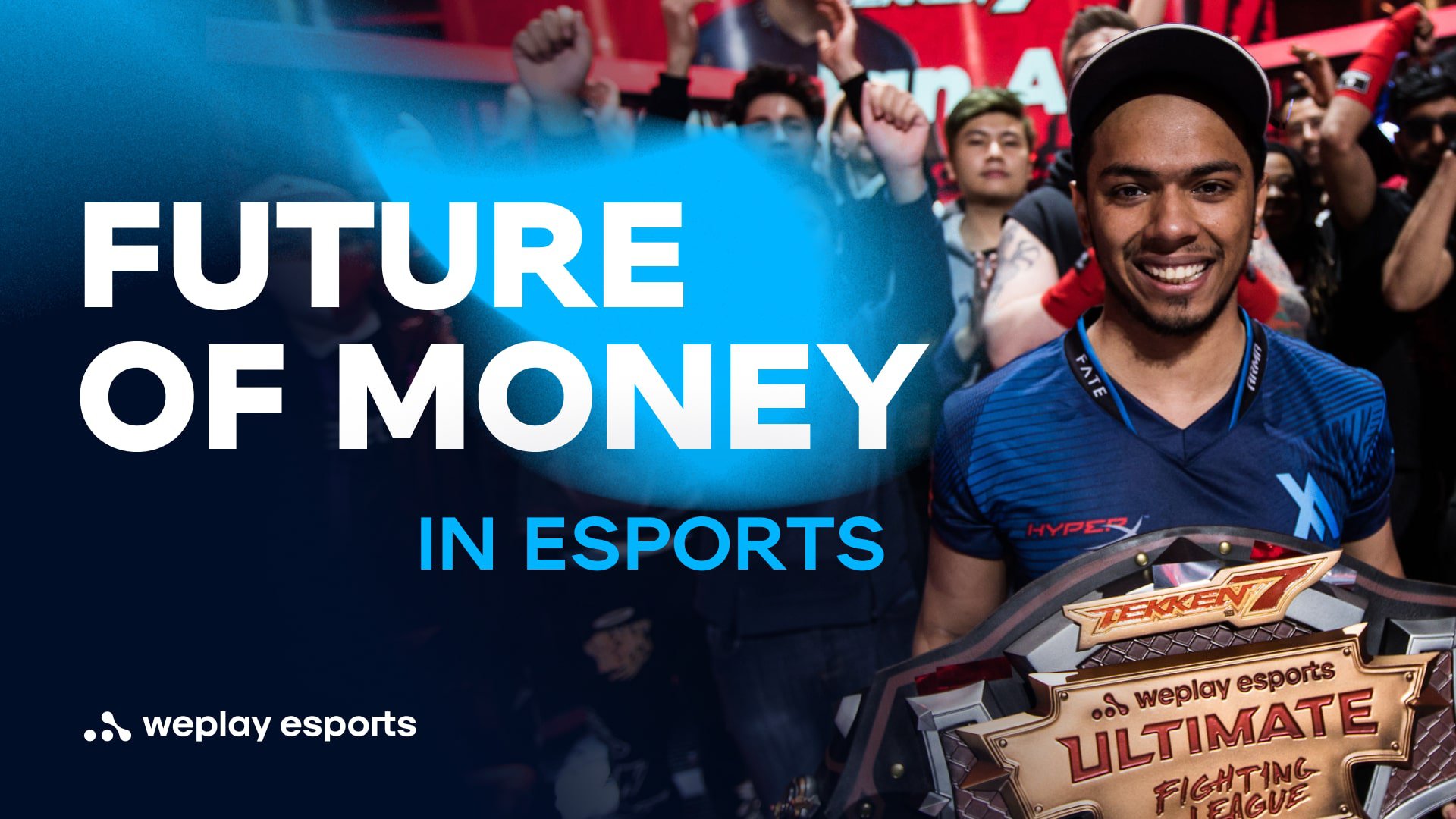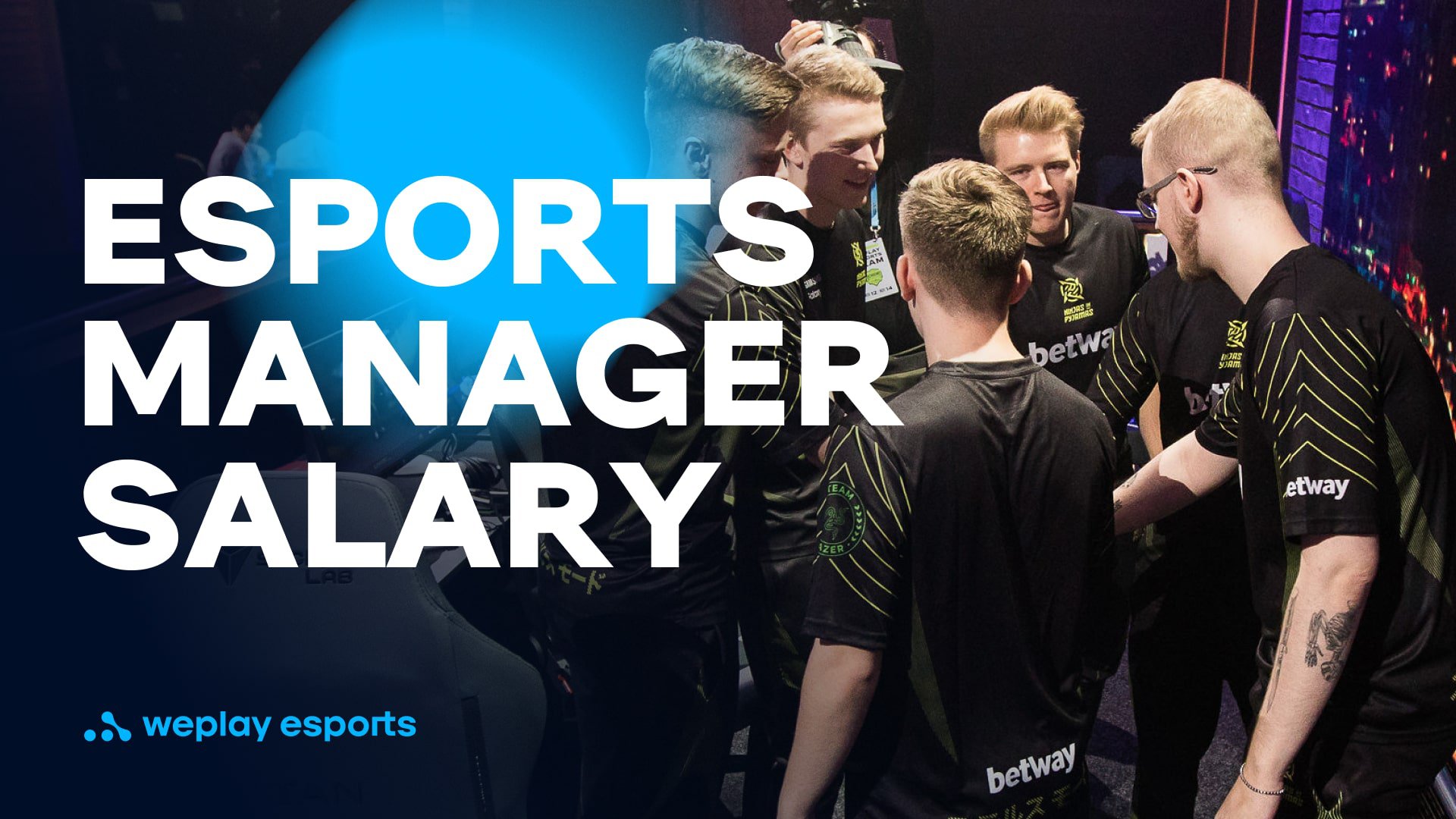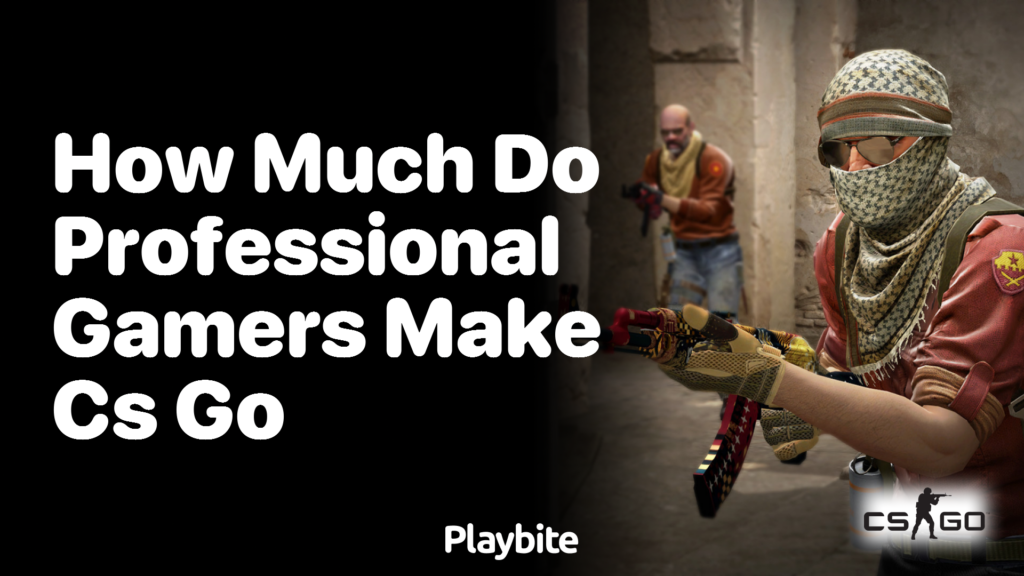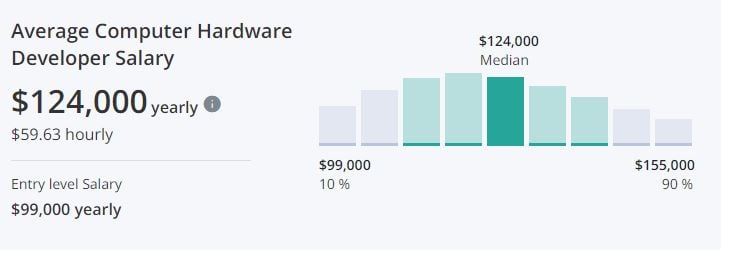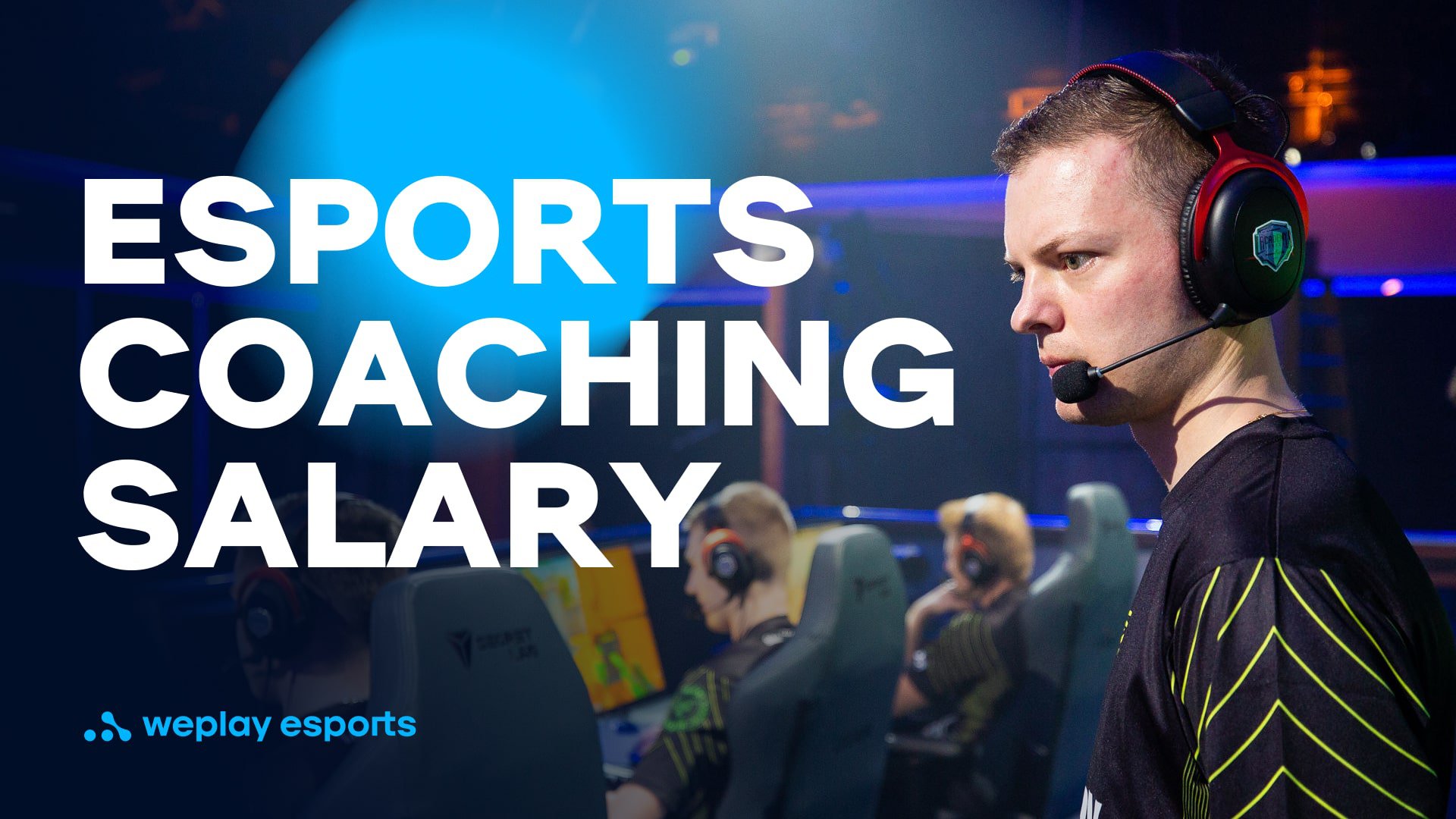How Much Does A Professional Gamer Make A Month
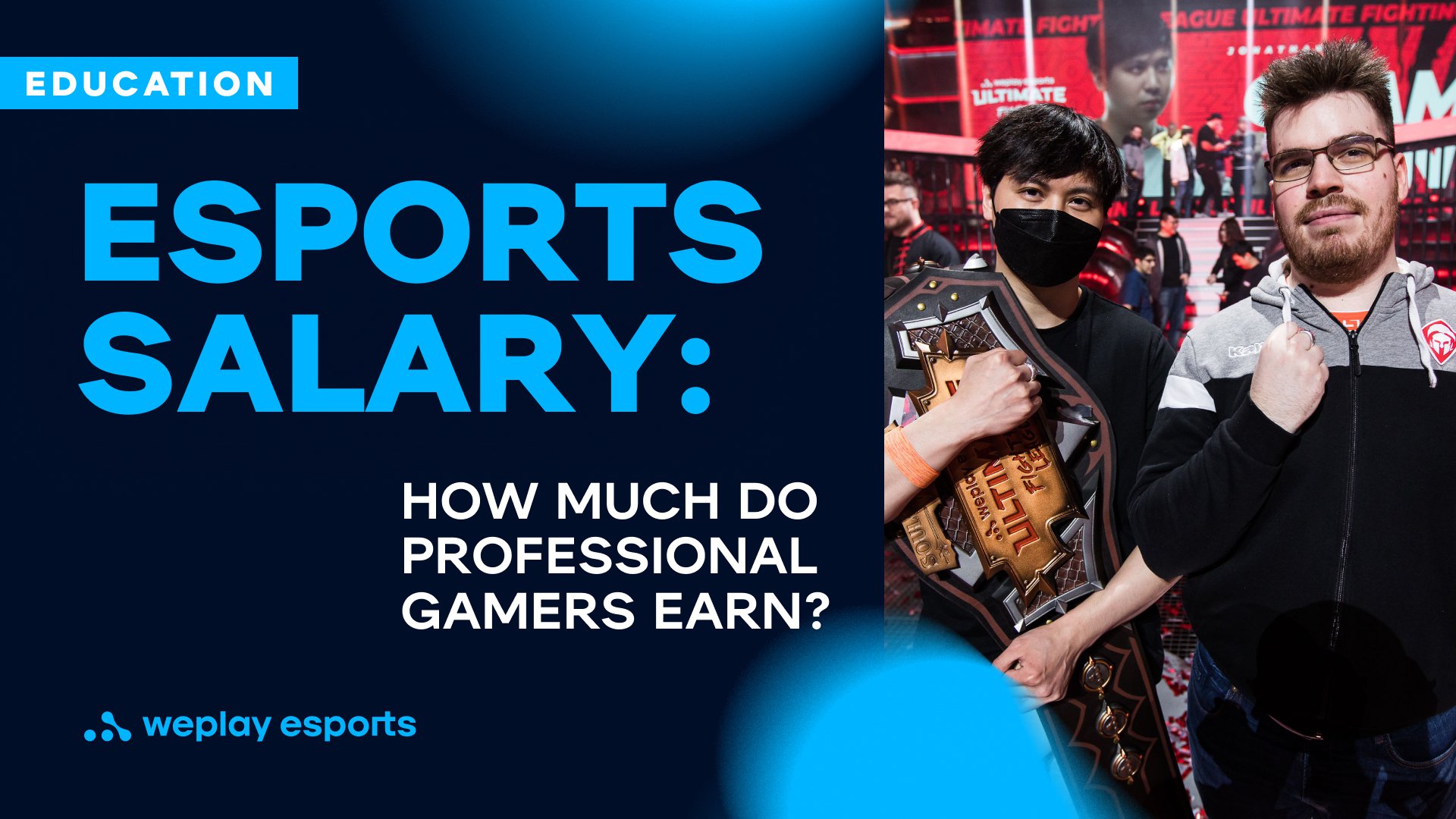
The allure of playing video games professionally, transforming a beloved hobby into a lucrative career, continues to captivate millions. But beyond the flashy tournaments and social media fame, a critical question lingers: How much do professional gamers actually make each month?
While headlines often highlight top earners raking in millions, the reality for the vast majority of professional gamers is far more nuanced. This article delves into the complex financial landscape of professional gaming, exploring the various income streams and the disparities between elite players and those still striving to reach the top.
The earnings of a professional gamer are highly variable, influenced by factors such as game title, skill level, team affiliation, sponsorship deals, and streaming revenue. Understanding these factors is crucial to grasping the true financial picture of the professional gaming world.
Multiple Streams, Variable Outcomes
Professional gamers rarely rely on a single source of income. Instead, they typically weave together a complex tapestry of earnings from different sources.
Tournament winnings are perhaps the most visible, but also the most inconsistent. While major tournaments offer substantial prize pools, often divided among team members, qualifying and consistently winning is a considerable challenge. For example, Dota 2's The International consistently boasts some of the largest prize pools in esports, but only a select few teams ever reach that stage.
Salaries from esports organizations are a more reliable source of income. These salaries can range significantly, depending on the team's size, prestige, and the player's role and experience. Players signed to Tier 1 organizations in popular games like League of Legends or Counter-Strike: Global Offensive (CS:GO) can command substantial salaries.
Sponsorships are another significant source of revenue. Companies, recognizing the reach and influence of professional gamers, often partner with them to promote their products. Sponsorship deals can involve endorsements, appearances, and content creation.
Streaming on platforms like Twitch and YouTube has become increasingly important. Consistent and engaging streamers can generate substantial income through subscriptions, donations, and advertising revenue. Streaming requires dedication and personality, turning gaming skills into engaging entertainment.
Disparities and the Grind
The esports landscape is marked by significant income inequality. The top players, those consistently winning tournaments and attracting large audiences, can earn hundreds of thousands or even millions of dollars per year. This paints a picture of immense success and financial freedom.
However, the vast majority of professional gamers earn far less. Many struggle to make a living wage, especially those in less popular games or those still climbing the ranks. The reality for many is a constant grind, juggling practice, streaming, and tournament appearances to make ends meet.
Data from various esports analytics firms suggests that the average professional gamer outside the top tier likely earns between $1,000 and $5,000 per month. This figure can fluctuate drastically depending on tournament performance and sponsorship opportunities.
Liquipedia, a leading esports wiki, provides extensive data on tournament winnings and player profiles, offering insights into the financial performance of professional gamers across various titles.
The Impact of Game Popularity
The popularity of a game directly impacts the earning potential of its professional players. Games with large player bases and established esports ecosystems, such as League of Legends, CS:GO, and Valorant, offer more opportunities for sponsorships and tournament participation.
Conversely, players in less popular or emerging games face greater challenges in securing sponsorships and attracting viewership. This can significantly limit their earning potential, regardless of their skill level.
The rise of mobile esports, particularly in regions like Southeast Asia, has also created new opportunities. Mobile games like Mobile Legends: Bang Bang and PUBG Mobile boast large player bases and thriving competitive scenes, offering lucrative opportunities for professional players.
A Look at the Future
The professional gaming industry is constantly evolving. New games emerge, established titles decline, and the landscape of streaming and sponsorship deals shifts. This makes it difficult to predict future earning trends, but it also creates opportunities for innovative and adaptable players.
The increasing professionalization of esports, with the emergence of established leagues and formal player contracts, is likely to create more stability in salaries. However, the competition for top spots will remain fierce, and the pressure to perform will continue to be immense.
For aspiring professional gamers, understanding the diverse income streams, the competitive landscape, and the importance of personal branding is crucial. Success in the professional gaming world requires more than just skill; it demands dedication, business acumen, and a willingness to adapt to a constantly changing environment.
Ultimately, the dream of a lucrative career in professional gaming is attainable, but it requires hard work, talent, and a healthy dose of realism. While the headlines may focus on the million-dollar earners, the true story lies in the dedication and perseverance of the thousands of players striving to make their mark on the world of esports.
